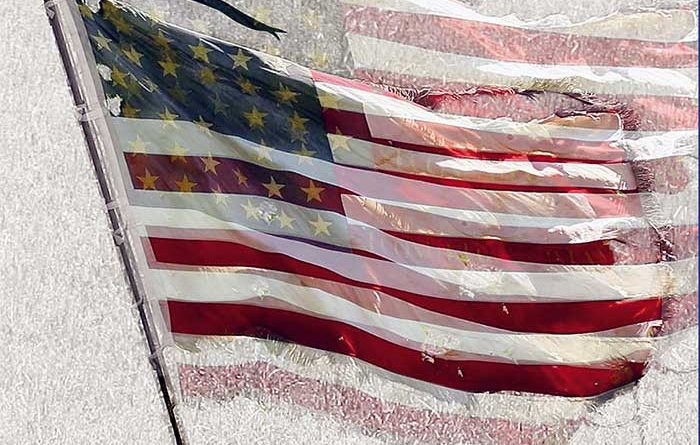
The writing of United States history books has been dominated by status quo educators and traditionalist leaning historians. It seems that thousands of them have written thousands of books with very little diversity of philosophical perspective and even less regard for a host of uncomplimentary facts. If someone should voice the opinion that United States history books read like a conspiracy of white power mythologists, he or she could turn to a mountain of evidence for support. No country’s history is as reproachless as traditionalists make that of the United States of America seem when they write and teach United States history.
An Introduction to White History: The History of White America
But the perspective of the traditionalist educators is now being challenged. One book that looks at United States history from less than a complimentary perspective is Mba Mbulu’s An Introduction to White History: The History of White America. Unlike many historians of American history, Mba Mbulu supplements his university studies with years of independent research, and is able to present a picture of American history that will be met with such subjective knee jerk reactions when read by status quo Americans that I feel impelled to write about it.
Mba Mbulu’s An Introduction to White History is a summary of the concepts, principles and motivating factors that led to the establishment and expansion of the United States of America. Since it is usually implied that “American” history is the history of “superior” white people, this precise title makes it clear that such is not the case. There are several histories that make up American history, and the history of white Americans is only one of them.
What An Introduction to White History brings to the forefront is the unusually powerful and concentrated role finances and the profit motive have played in the political and social development of white America. It is white Americans’ unusual preoccupation with finances and profits that distinguishes them and their institutions from those of all other Americans. It behooves all other Americans to not underestimate that unusual preoccupation when determining the essence of their relations with white America, and it behooves teachers and other educators to account for that unusual preoccupation when they teach their students.
One can acquire a more complete basis for understanding the underlying principles that guide this writing by reading Chapter One of Ten Lessons: An Introduction to Black History (also written by Mba Mbulu).
Traditionalist educators in schools and colleges in the United States should give more consideration to how nonwhite Americans view this country. They might not like the contrary perspectives they are made aware of, but that might create the jolt that motivates them to be less subjective and better teachers. Traditionalist educators should expand their field of vision if their objective is to educate instead of indoctrinate. They should culture the ability to accept the intellectual equality and legitimacy of perspectives other than their own. Mba Mbulu’s An Introduction to White History: The History of White America could be the dose of reality so many of them so sorely need.
Genevieve Grant: has taught alternative education courses and has more than 20 years experience as an Alternative Education Specialist.
An Introduction to White History: The History of White America






